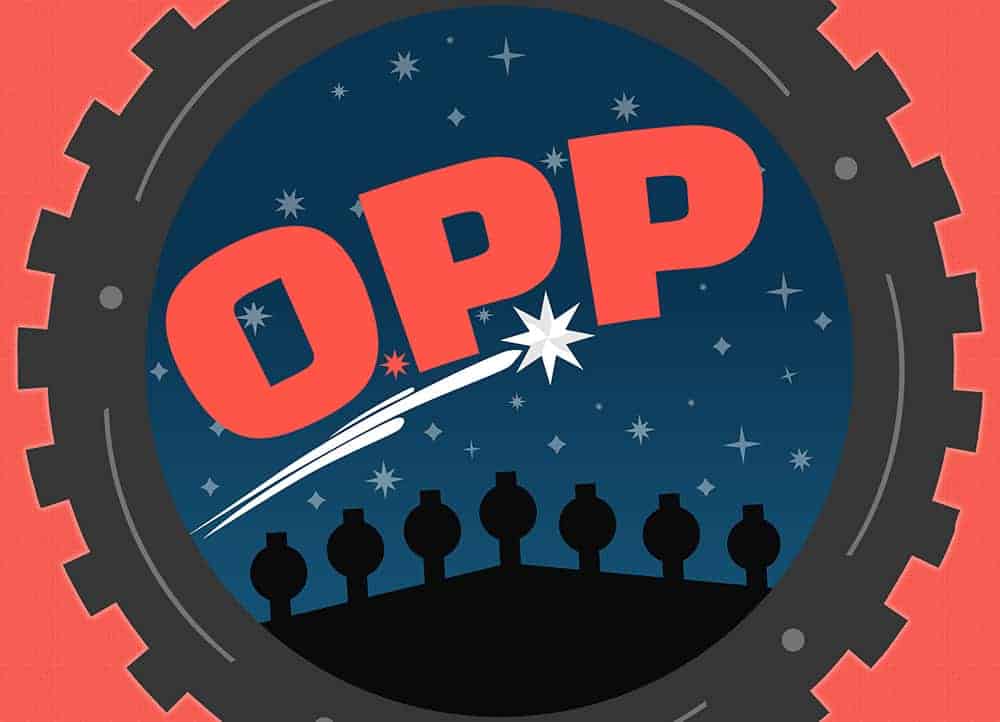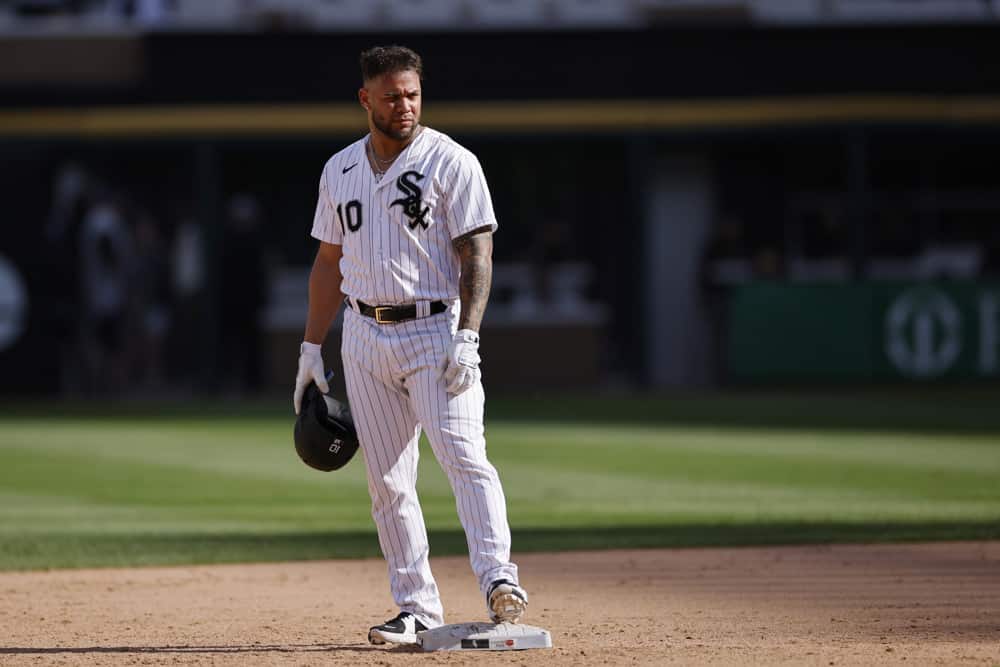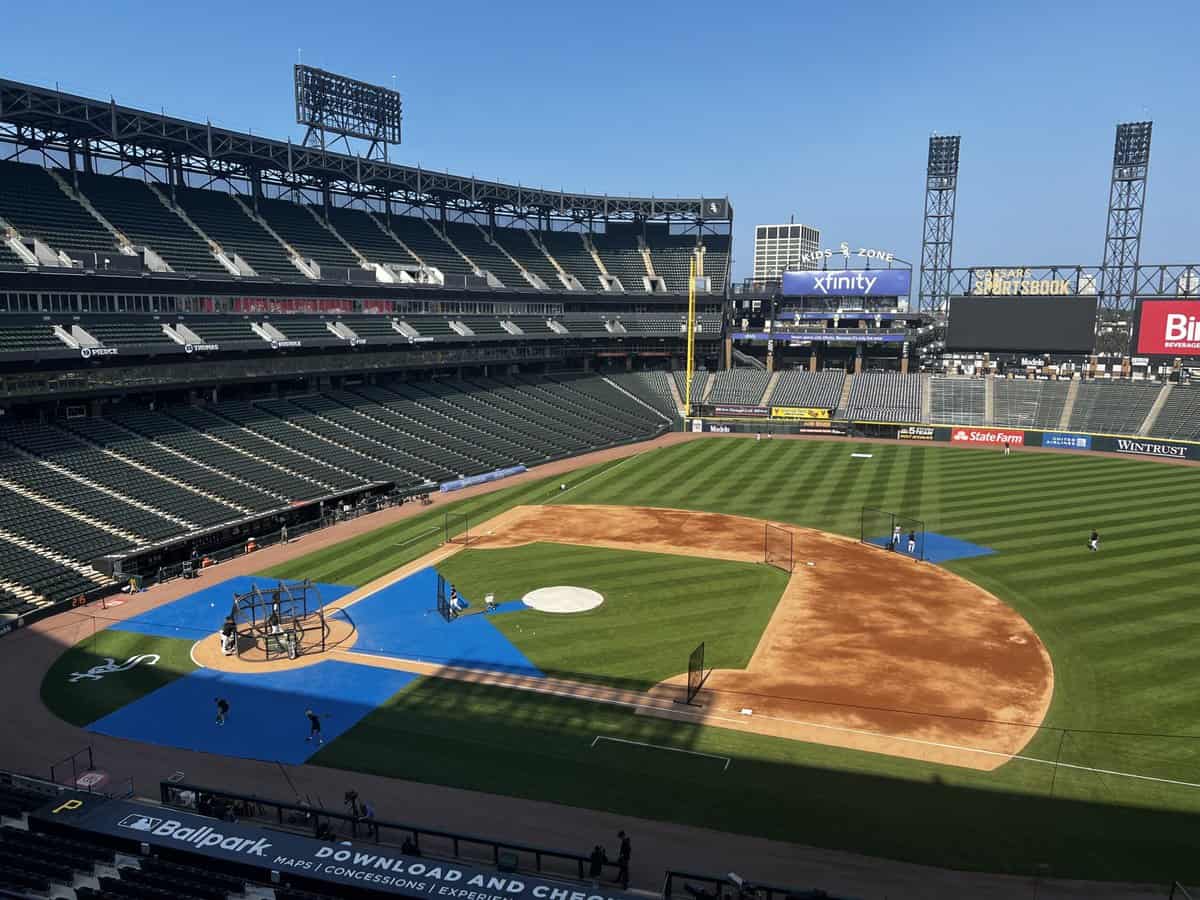The White Sox made the Adam Eaton signing official. He's aboard the roster and payroll for one year and $7 million, and the framing of the acquisition is not going to sell skeptics on the motivations.
Rick Hahn's assessment of the fit sounds sensible by itself, in terms of talent and cost ...
... but paired with Bob Nightengale's report that Michael Brantley was too expensive for them, it's less encouraging.
"Flexibility" is not an intrinsic good, because a team always has flexibility if it never acts. After the 2018 season, Hahn said the White Sox had the flexibility to pursue Manny Machado or Bryce Harper, but ultimately bailed because they wouldn't have had that flexibility afterward. Hahn said he had the flexibility to add further after the very welcome signing of Dallas Keuchel, but that flexibility resulted in three one-year deals that all gave the White Sox sub-replacement-level production.
It's easy to see why flexibility appeals to Hahn and Kenny Williams. Jerry Reinsdorf isn't going to fire them, so they'll have to deal with the fallout of any albatross, rather than pass it on to the next front office to clean up. It's less clear what that flexibility does for fans, because the benefits of the White Sox's one-year deals have been limited to the balance sheet.
There's a bigger picture behind the Eaton deal that makes it all so discouraging, and Eaton's history with the White Sox is only a part of it. Sure, his reputation precedes him for a reason. "We lost a leader in Drake" was probably the dumbest possible combination of words he could have contributed to the Adam LaRoche disaster, which took an already smoldering level of stupid to a whole new level. Eaton had the reputation of irking teammates before that, and it became easier to see artifices in otherwise banal statements for those so predisposed. Jon Greenberg wondered who still calls a manager "Skip." I wondered who uses "salt of the earth" to describe a baseball front office. It sometimes feels like Eaton programmed his AI off the embellished quotes from pre-war sports sections, and he's thisclose to "putting a good wallop on the apple" than "swinging the bat well."
But that's all besides the point, because even though he stuck his spikes in his mouth a few times with Washington, he helped them achieve the goal of the trade by winning a World Series. If Eaton ends up doing the talking for this White Sox clubhouse, other things went wrong.
* * * * * * * * *
No, the Eaton signing struck a nerve for reasons less specific to Eaton, and more specific to Hahn's two biggest issues. Hahn hasn't been able to find a right fielder, and he has a terrible track record with free agents who only merit one-year contracts. So, of course here comes a right fielder who only merited a one-year contract.
I've previously taken inventory of the ghastly free agent history of the Rick Hahn era, and it wouldn't be as grotesque if Hahn could actually bring himself to commit to free agents. Maybe you'll blame Williams or Reinsdorf for times Hahn's come up short, but I've stopped caring to attempt delineation on credit, because they're all pieces soldered into the same decision-making engine, and each one helps deflect blame from the other individuals in the enterprise. Acting as though Hahn has repressed genius might be self-soothing for some, but I don't see how it changes the results.
Speaking of results, here's an updated tally of Hahn's track record with one-year contracts after going 0-for-3 last winter.
(WARP is used for catchers, since Baseball Prospectus' valuation has a longer track record of weighing receiving than the other metrics.)
Maybe there's no such thing as a bad one-year contract, but there's such thing as a bad batch of 20 one-year contracts. After swinging and missing on Edwin Encarnación, Gio González and Steve Cishek, Hahn has spent a total of $78.25 million on one-year deals for -4.1 wins below replacement in return.
If Eaton were a catcher, I wouldn't complain. Hahn's two biggest successes here, James McCann and Geovany Soto, both exceeded expectations as backup backstops, and Alex Avila would've been fine behind a better Plan A. McCann went on to post a terrific 2020, and now he's on the verge of getting paid by the Mets or Angels or somebody. Good for Hahn. Good for McCann. Good for White Sox fans. That's how it's supposed to work, and if the White Sox replaced McCann with Curt Casali or some other unremarkable catcher on a one-year deal and promised adequate production, I'd take their word for it.
(Dioner Navarro was terrible, but the expectations won't be outsized for the guy playing behind Yasmani Grandal.)
Anyway, filter out McCann and Soto, and that knocks the committed salaries down to $74.25 million. It also knocks down the production to -6.1 WAR. Hahn tries to anticipate bounces, but he's only ended up with a pile of dead cats.
* * * * * * * * *
Even if Eaton didn't bring his own baggage into the house, he'd be inheriting this. Take Encarnación, who had no reason to inspire such personal animus from White Sox fans. I still expected little, mostly because he shared some issues with previous White Sox DH failure like Yonder Alonso, from whom I expected little because he shared some issues with previous White Sox DH failure LaRoche.
In right field, Eaton follows in the staggered footsteps of Nomar Mazara, Jon Jay and Daniel Palka, all of whom flopped beyond even the most pessimistic expectations. Eaton is the most projectable right fielder the White Sox have rostered since the Sox traded Eaton away.
That could be seen as a way to praise the signing, but when Hahn has bought low, he's received lower, so when Hahn acquires a player like Eaton, you first have to process the move for how it's going to fail. Here, it's easy: Eaton just turned 32, he's coming off a .226/.285/.384 line, he dealt with a season-shortening injury for the third time in four years, which foreshadows doom for a BABIP-reliant player.
There are ways to defend the signing. Eaton is a slow starter, and the start was all the 2020 schedule afforded. His BABIP probably wouldn't have spent an entire season around .260. His overall production was killed by going 4-for-39 against lefties, and facing lefties will be Adam Engel's job.
Except ... you could talk yourself into Mazara and Jay and Encarnación and Alonso just the same. Reflexive pessimism won the day each and every time. Here, reflexive pessimism says Eaton is either going to be unavailable, or he's going to struggle into the summer, but Hahn will have to consider replacements well ahead of the trade deadline either way. I don't want to make my analysis so reductive, but it gets old mining for upside, only to have the shaft collapse.
* * * * * * * * *
Right field and DH have dogged the White Sox for years. So much so, that when I looked for Hahn's assessment of both positions, I initially copied and pasted this quote because I thought it was from September 2020, rather than when he said it in September 2019:
“I don’t think we certainly didn’t get much from an offensive standpoint out of right field or DH over the course of this season,” Hahn said. “As we sit here today, many of our young outfielders aren’t quite ready to fill that void in right field. That could well be an area we need to go outside to address.”
So much so that Hahn even poked fun at himself at the onset of the offseason for repeating himself:
He chuckled at himself acknowledging, for the second-straight year, that there wasn’t enough production from designated hitter and right field, and tried to provide some assurance that the White Sox are not just content to bank on all of their starting pitching to just get better on its own over the winter.
“If you were to identify the shopping list, you hit the nail on the head in terms of coming up with our solutions for the pitching staff as well as potentially in right field and DH."
During the Lance Lynn Zoom call, Hahn said, "Operationally, we're proceeding fairly normally, as if it were a normal offseason." He was responding to a question about the pandemic affecting the finances and the speed of the market, but after sitting out of the George Springer sweepstakes and telling Nightengale that Brantley is too expensive, it's truer than he probably imagined.
The White Sox have a mountain of cost-controlled young talent and a payroll clean of underwater contracts, and yet they're still spending as though they have two years of James Shields on the books. Before rebuilding, the White Sox had blind spots and an inability to spend past them. If Eaton represents the best they can do in the run-up to the 2021 season, then the White Sox now have blind spots and an unwillingness to spend past them.
The latter one is worse, because it makes the intentional losing from previous seasons so pointless. The trades of Eaton, Chris Sale and Jose Quintana were excellent and are beyond reproach, but if avoiding "unnecessary" payroll commitments for multiple seasons didn't generate the opportunity to super-solve a remaining gap, then all it did was create a couple top-five draft picks for a team that relies on them a little too much due to their troubles producing prospects from later selections.
There's a lot of winter left, so Hahn can eliminate these concerns in one or two moves. The objections to Eaton will look like wasted energy if the White Sox address DH with a Brantley or Marcell Ozuna type. Then again, if Reinsdorf's preferred reporter is saying Brantley wants too much money, it's fair to guess that further buy-low deals are to come, at least at their greatest positions of need. That leaves their fans to cross fingers that Hahn has finally figured out how to do better in that department, with eight years of evidence saying that such hope will need to be earned.
(Photo by KeithAllisonPhoto.com)





